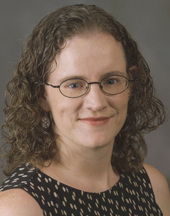We are fast approaching our third annual Apogee conference, and this year it is going to be bigger and better than ever! Thanks to our venue sponsor, the DC-Arlington TechShop, we have a wonderful space to host Apogee. When you come by to check us out, you’ll find TechShop filled with all the open source and maker space projects you can handle, and on top of that a load of presentations about space and spaceflight hardware.

The presentations range from Mach 30’s 2016 project, Ground Sphere, to what it was like to participate in a simulated mission to Mars. The exhibit space also includes desktop satellite simulators, high powered model rocketry, live demos of the Shepard Test Stand. We even have a presentation on how to make rocket fuel from household ingredients (don’t try this at home!). See the Apogee III page for the full list of presentations and exhibits.
- Shepard Rocket Motor Test Stand
- Daron Westly’s High Altitude Air Sampling CubeSat
Apogee runs 10am – 4pm, Saturday Aug 6, 2016. Tickets are on sale now at Eventbrite. Hurry, early bird registration (20% off admission) ends July 31.
We hope to see you there!

















